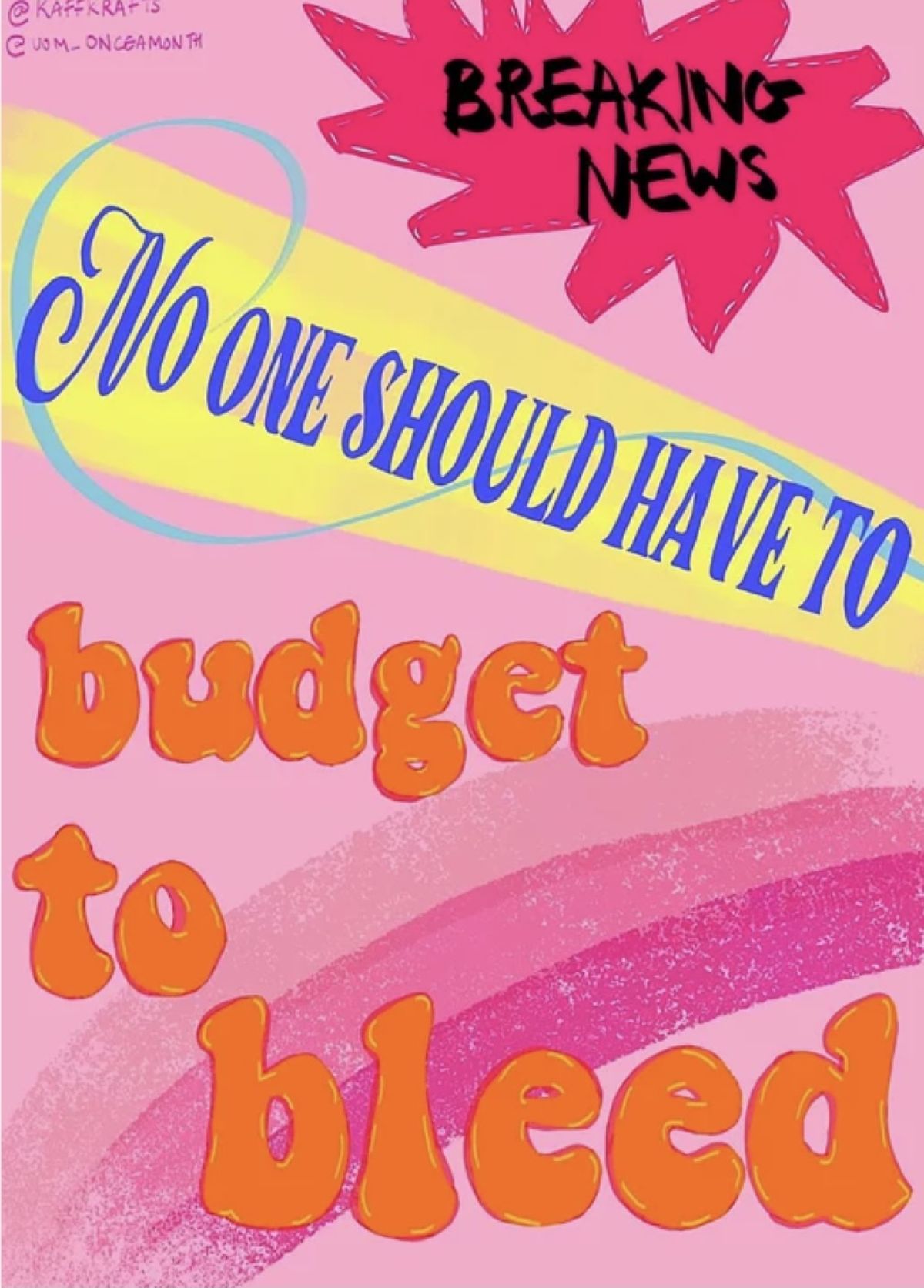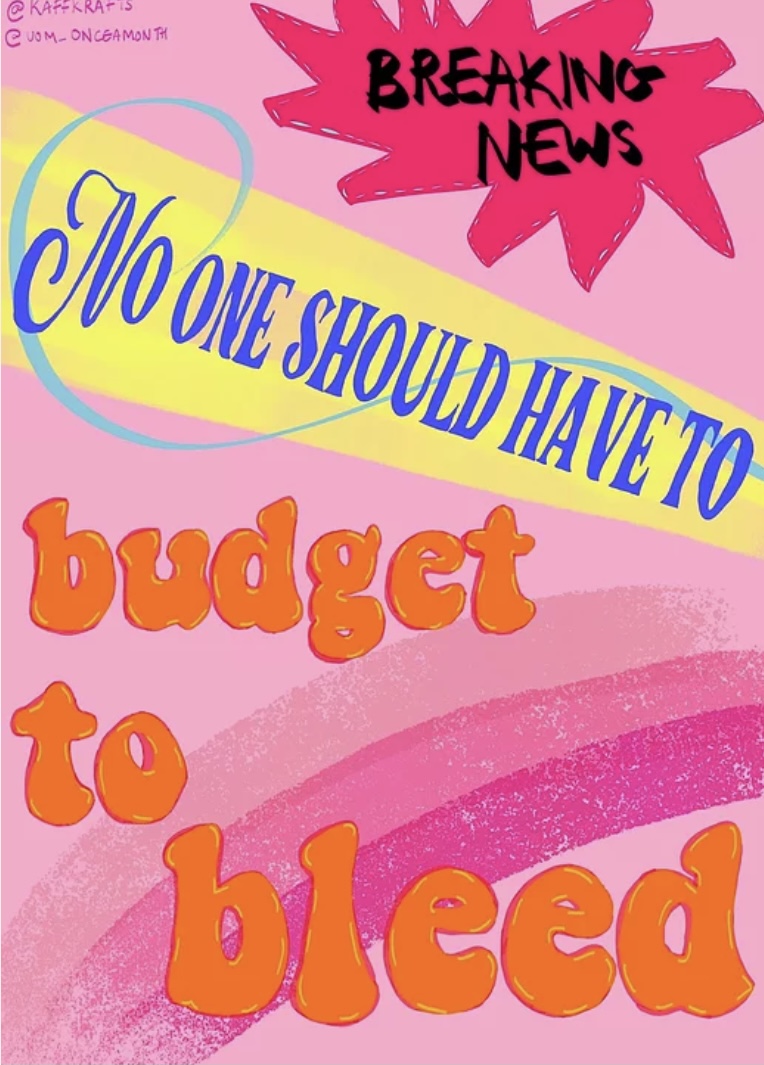“Bleeding isn’t a luxury, no one should have to budget to bleed”: Scotland issues free sanitary products
By Katie Bray

Scotland has become the first country in the world to provide free sanitary products to those who require them, which has sparked debate as to who will be next to implement the policy.
It will come as no surprise that this year has had its ups and downs for people around the world. Despite the problems of COVID-19 the world has also been dealing with other social situations, i.e. the problem of period poverty and ensuring that anyone that has them has access to the proper sanitary supplies to deal with them.
Scotland has been the first to promise the dispensation of free tampons and sanitary products within public buildings across the country. This is a big step in the recognition of period problems faced across the world, but the fight is not over.
Plan International UK has reported that ‘One in 10 girls (10 per cent) have been unable to afford sanitary wear’. Whilst this may seem like a small number, consider the number of people that will be suffering financially, especially after the impacts of COVID-19 on businesses and employment.
From a young age, most students will have been taught about the menstruation cycle. However, do you ever remember your teachers informing you of the availability or prices of these products? How about the impact it may have on the lives of those affected? The education system seems to have neglected to inform their students about period poverty or how to access the needed supplies.
When considering the price of period products, supermarkets like Tesco sell their products from around £0.23-3.35, depending on quantity, brand and the specifics of the item. Whilst in many public areas in the UK, tampons and pads inside public toilets are even more costly, sometimes costing more than they are worth in a pack itself.
Additionally, the BBC suggested that periods ‘can cost up to £8 a month’, an extortionate amount to pay for students, children and adults alike, especially if this is a significant chunk of their wages.
One group dedicated to relieving this issue is the UoM’s very own Once a Month society, who organise charity collections which give period products and other essentials to those suffering with period poverty.
Kathryn Mcdonald from Once a Month agreed that:
Period products “may seem cheap to the average person, however, some people don’t even have enough money for a hot drink and a sandwich a day. The so-called ‘tampon tax’ is something that angers me personally and affects so many people in society.
Bleeding isn’t a luxury, no one should have to budget to bleed. Period poverty harms more people than just the homeless, it can affect refugees, low-income families, sex workers and the list goes on.
It’s a choice between eating for a day or paying for menstrual hygiene products for a lot of people”.
Additionally, Scotland’s legislation will be exciting news to feminist societies aiming to promote equality. Indeed, Amber Barrow from the Feminist Collective Society from the UoM testified that:
“Scotland’s decision to make period products free for everyone is a huge victory for the feminist movement. People with vaginas should not have to pay more to exist and Scotland’s decision also signals a change to the stigmas surrounding menstruation.”
Furthermore, there is a clear outcry for more to be done on the topic of periods across the UK and the world. More needs to be done to tackle the inequalities in prices and stigma associated with the biological process of a period.
Whilst Scotland’s plan will provide more people with accessible products, it remains a question to whether the UK or other governments will consider similar courses of action to tackle period poverty and inequalities faced by this. Many governments have already been making changes, however, many people would agree that more needs to be done.
Kathryn from Once a Month also advised that the government should resolve period inequalities like how:
- Sanitary products need to “become more inclusive”, i.e. “Always hygiene products often feature the female sign on them so people have petitioned to remove this from their packaging in order to not upset or alienate trans users”
- “The UK government should put in place measures to make period products safe and environmentally safe without costing the consumer”
- “Period and sexual health education is extremely poor in most schooling and that’s something we want to change and promote education of these issues as best as we can”

If you would like to support Once a Month you can donate period products in their donation box at the Want not Waste not shop on Oxford Rd or purchase a print from their website.







